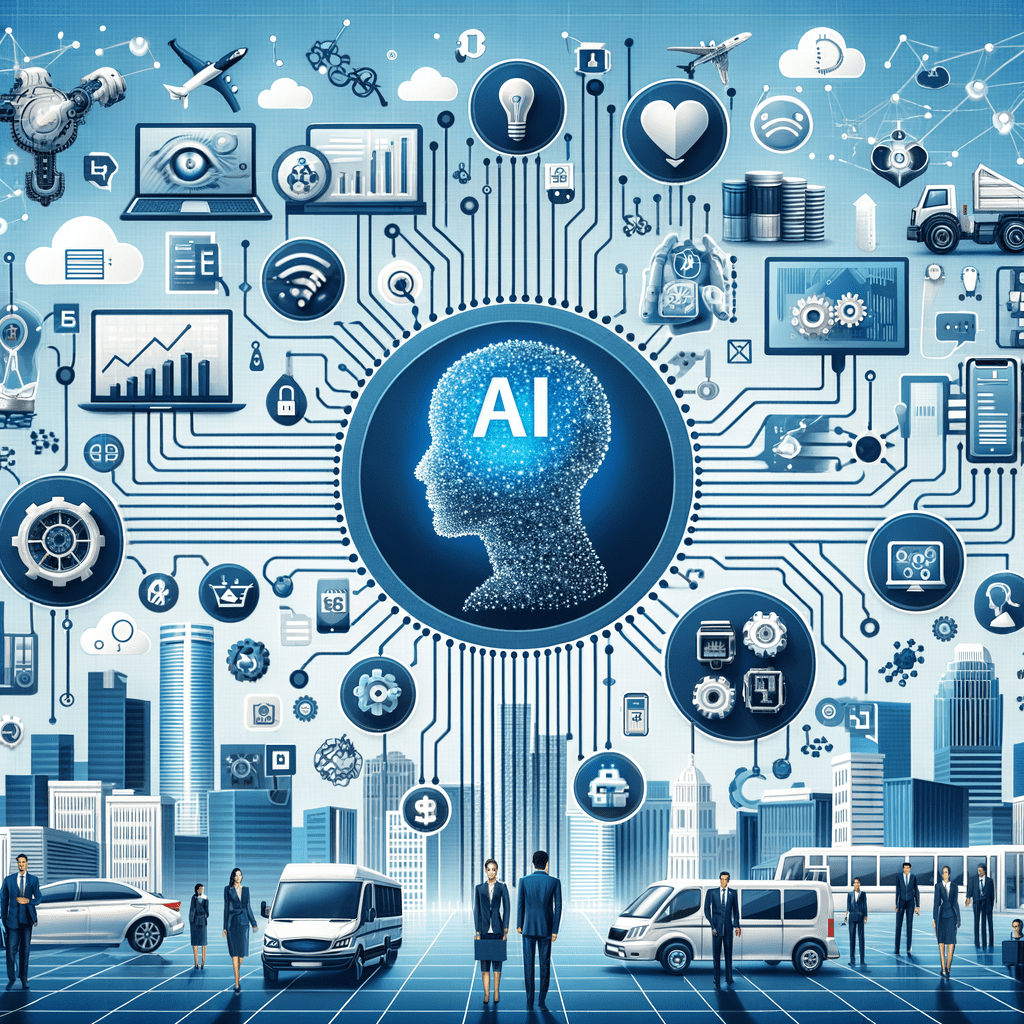AI and Technology: Transforming Industries and Shaping the Future of Work
Over the past decade, artificial intelligence (AI) and other emerging technologies have quickly moved from theoretical concepts to essential tools, driving sweeping changes across industries. From automating routine tasks to providing critical business intelligence, technology is fundamentally reshaping how organizations operate, compete, and deliver value. On LinkedIn, where professionals from diverse sectors converge, it’s crucial to understand AI’s multifaceted impact across industries and what it means for leaders, employees, and the future of work.
- **Healthcare: Revolutionizing Patient Care**AI has become a powerful ally in healthcare, aiding diagnostics, personalizing treatments, and optimizing administrative processes. Machine learning algorithms are now reading X-rays, MRIs, and pathology slides with remarkable accuracy, in some cases rivalling or even surpassing human experts. Natural language processing (NLP) is used to analyze medical notes and streamline documentation.**Key impacts:**
- **Early disease detection:** AI-backed systems can identify early-stage cancer, diabetic retinopathy, and other conditions sooner, leading to better outcomes.
- **Administrative automation:** Robotic Process Automation (RPA) reduces the burden of routine tasks, from billing to appointment scheduling.
- **Drug discovery:** AI accelerates the discovery of new drugs and the development of vaccines, as seen in response to COVID-19.**Challenges:** Data privacy, regulatory hurdles, and the need for ethical frameworks.—###
- **Finance: Streamlining Operations and Managing Risk**Financial services have long been early adopters of technology, and AI is ushering in a new era of efficiency, transparency, and security.**Key impacts:**
- **Fraud detection:** AI systems analyze transaction patterns in real time, identifying anomalies and reducing fraud.
- **Algorithmic trading:** Machine learning models can process vast market data and execute trades at lightning speed.
- **Personal finance:** Virtual advisors and chatbots are revolutionizing customer service and personal budgeting.**Challenges:** Bias in algorithms and the threat of sophisticated AI-powered cyberattacks.—###
- **Manufacturing: Enhancing Efficiency and Predictive Maintenance**Industry 4.0, powered by AI, robotics, and IoT, is transforming manufacturing:**Key impacts:**
- **Predictive maintenance:** Sensors and ML models predict equipment failures before they happen, reducing downtime.
- **Automation:** Collaborative robots (“cobots”) are working alongside humans on assembly lines, increasing production rates and consistency.
- **Quality control:** Computer vision inspects products faster and more accurately than the human eye.**Challenges:** Workforce reskilling and integration of legacy systems.—###
- **Retail: Personalizing Customer Experience**Retailers are leveraging AI to better understand and anticipate consumer needs.**Key impacts:**
- **Recommendation engines:** AI analyzes customer behavior to suggest products, driving upselling and cross-selling.
- **Inventory management:** Predictive models optimize stock levels, reducing waste and ensuring availability.
- **Customer service:** AI-powered chatbots handle queries instantly, improving satisfaction.**Challenges:** Data privacy, managing omnichannel experiences, and ethical marketing.—###
- **Legal Services: Automating Routine and Democratizing Access**AI is making legal services more accessible and efficient.**Key impacts:**
- **Document review:** NLP speeds up contract analysis, discovery, and due diligence.
- **Predictive analytics:** AI forecasts case outcomes, helping firms and clients make better decisions.
- **Self-service platforms:** Technological tools enable individuals and small businesses to access previously out-of-reach services.**Challenges:** Maintaining professional standards and managing sensitive information.—###
- **Education: Personalizing and Scaling Learning**EdTech has accelerated, particularly after the pandemic, with AI at its forefront.**Key impacts:**
- **Adaptive learning:** AI tailors curricula to individual learning styles and progress.
- **Automated grading:** Frees up educators for more meaningful engagement with students.
- **Smart content:** AI creates dynamic textbooks, interactive simulations, and immersive experiences.**Challenges:** Bridging the digital divide and ensuring equitable access.—### **Conclusion: The Road Ahead**AI’s transformative potential is matched only by the complexity of its integration across industries. Businesses must remain agile, prioritize ethical considerations, and invest in workforce upskilling to fully harness these innovations.For professionals, the opportunities are vast: from developing new technical skills to reimagining business models and customer engagement. Industries that embrace AI and technology not only streamline operations and unlock innovation, but also position themselves for resilience in an era of rapid change.
**Let’s continue the conversation:**
How is technology transforming your industry? Share your experiences and insights in the comments below.
—
*#AI #TechnologyTrends #DigitalTransformation #FutureOfWork #Innovation #Leadership #Industry4_0 #LinkedIn*

